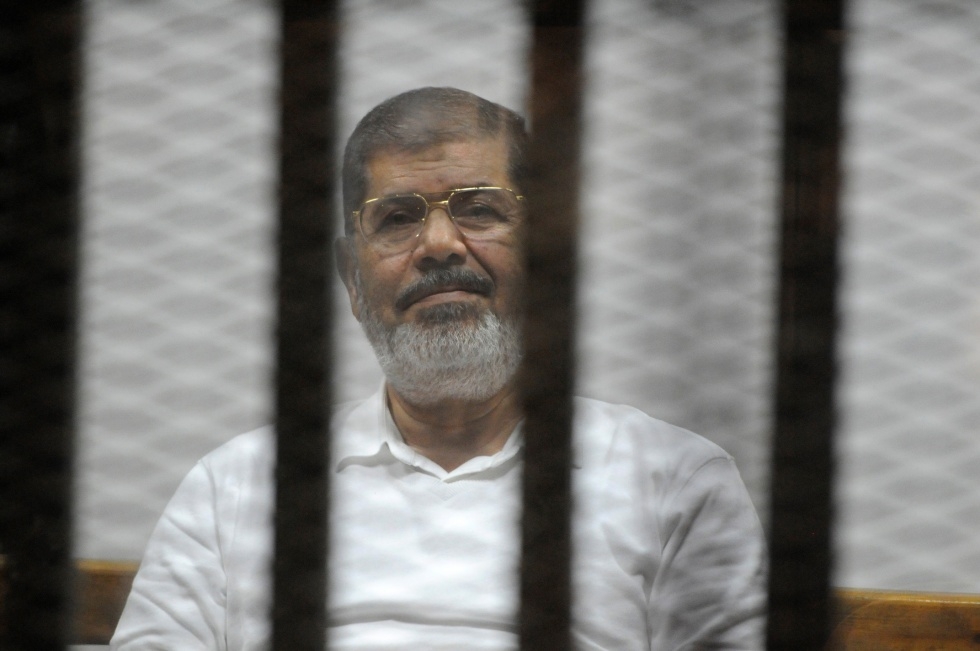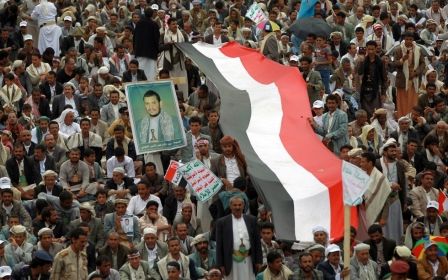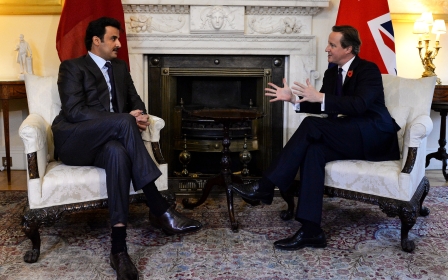UAE adds dozens of groups to new 'terrorist' list

The United Arab Emirates (UAE) on Saturday updated their list of "designated terrorist organisations" to include the Muslim Brotherhood, as well as various Islamic think tanks and lobbying groups across the world.
A total of 86 organisations, ranging from militant groups in Nigeria to Islamic organisations in London are included on the list endorsed by the UAE cabinet.
The UAE official news agency said the blacklist was to ensure "transparency and to raise awareness in society about these organisations."
The UAE is the third Arab state, after Egypt and Saudi Arabia, to label the Muslim Brotherhood, who were ousted by the military in Egypt last year, a terrorist organisation.
Other groups on the list include the Houthis, a group of Shiite rebels in Yemen who have captured large swathes of territory; Ansar Al-Sharia in Yemen; Ansar Beit Al-Maqdis in Egypt and Al-Qaeda in the Arab Maghreb.
The list also includes several American and European Muslim groups and civil liberties advocacy organisations including the Council on American-Islamic Relations – an advocacy group headquarterted in Washington D.C –, the Muslim Association of Britain and the "Islamic Relief Organisation in London".
Anas al-Tikriti, the former president of the Muslim Association of Britain, said the terrorist list was “beyond ludicrous”.
“The fact that it piles together terrorist groups like Boko Haram and IS with think tanks and research centres who aren’t involved in political work and who espouse democratic principles belies any kind of rationality or logic,” said al-Tikriti.
“Some of these organisations represent tens of thousands of people. Does the UAE mean to suggest there are tens of thousands of terrorists throughout the world from America, to Europe, to Africa?”
The blacklist also includes Islah, the UAE’s affiliate of the Muslim Brotherhood, which has prompted some analysts to suspect that move has a domestic purpose.
“Many of the listed names are there purely for political reasons,” said Ahmed Mansoor, an Emirati human rights activist.
"The authorities here are abusing the hype of fighting terrorism to label peaceful, political groups and human rights organisations as terrorist organisations."
"A list like this only makes real terrorists like ISIS look more powerful,” Mansoor said.
Since the Arab Spring uprisings of 2011 the UAE has hardened its stance toward Islamist groups, pumping billions of dollars into Egypt to support president Sisi, the former military general who ousted the Muslim Brotherhood after mass protests last year.
The oil-rich Arab monarchies of the Gulf have not faced the widespread protests which have swept other regional states since 2011.
But authorities have cracked down on dissent and calls for democratic reform, drawing criticism from human rights groups. Those mainly targeted have been Islamists.
Middle East Eye propose une couverture et une analyse indépendantes et incomparables du Moyen-Orient, de l’Afrique du Nord et d’autres régions du monde. Pour en savoir plus sur la reprise de ce contenu et les frais qui s’appliquent, veuillez remplir ce formulaire [en anglais]. Pour en savoir plus sur MEE, cliquez ici [en anglais].



